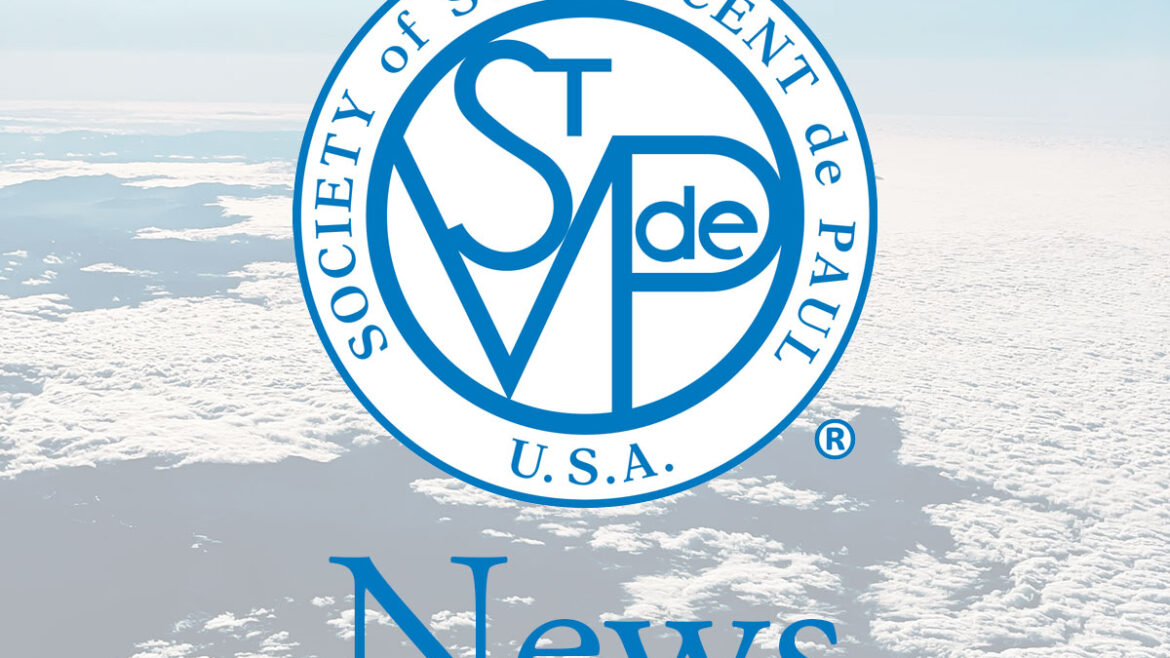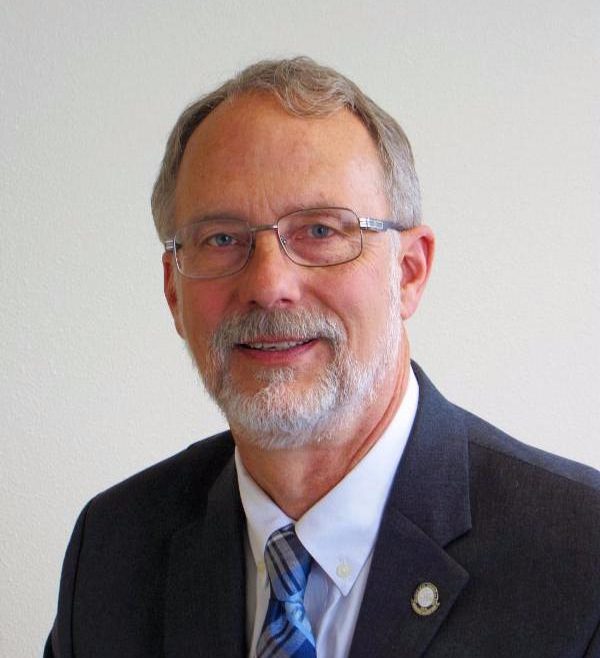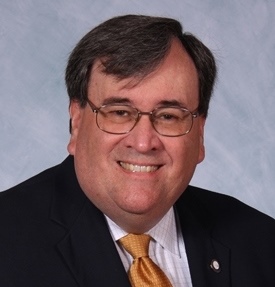Through the Society of St. Vincent de Paul, Vincentians across the United States and around the world are finding spiritual growth by providing person-to-person service to those who are needy and suffering. Read some of their stories here:
INTERNATIONAL:
- AUSTRALIA: Social housing is now on the agenda
- AUSTRALIA: Dubbo St Vincent de Paul volunteer Pat Thornton reflects on 20 years
- AUSTRALIA: Vinnies Youth are the ‘here and now’ of volunteer work
- AUSTRALIA: Vinnies Celebrates Their Vast Cohort of Young Vollies
- CANADA: Food bank use in Fort Erie remaining constant, agencies say
- IRELAND: Illegal moneylending on rise amid pandemic, policing committee told
NATIONAL
- FON DU LAC, WI: Fundraising campaign underway for new Fond du Lac homeless shelter
- LOUISVILLE, KY: Disaster Services Corporation Deploying to Eastern Kentucky with Parish Recovery Assistance Centers
Help us share the good news of the good work being done in your local Conference or Council! Email us at info@svdpusa.org with the subject line Good News.




